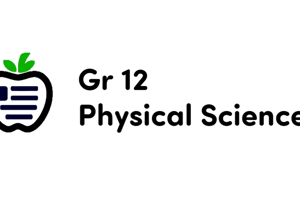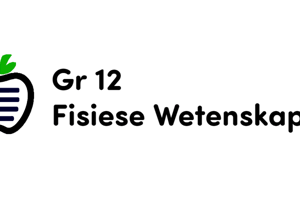Podcast
Questions and Answers
What is the oxidation number of a neutral atom in its pure state?
What is the oxidation number of a neutral atom in its pure state?
0
If an element has an oxidation number of +2, does it typically exist as a cation or an anion?
If an element has an oxidation number of +2, does it typically exist as a cation or an anion?
cation
If an atom gains three electrons to reach a stable state, what would its oxidation number be?
If an atom gains three electrons to reach a stable state, what would its oxidation number be?
-3
Is the oxidation number determined by counting protons or electrons?
Is the oxidation number determined by counting protons or electrons?
If a neutral atom loses 1 electron, what is its oxidation number?
If a neutral atom loses 1 electron, what is its oxidation number?
Flashcards
Oxidation Number
Oxidation Number
The number of electrons gained or lost by an atom to form a neutral atom.
Cation
Cation
An atom with a positive charge due to the loss of electrons.
Anion
Anion
An atom with a negative charge due to the gain of electrons.
Oxidation Number Definition 1
Oxidation Number Definition 1
Signup and view all the flashcards
Oxidation Number Definition 2
Oxidation Number Definition 2
Signup and view all the flashcards
Study Notes
Inorganic Chemistry
- IUPAC System: A system for naming inorganic compounds.
- Compounds: Substances formed through the combination of elements.
- International: Involving multiple nations or countries.
- Union: An association or alliance.
- Pure and Applied Chemistry: Deals with chemical substances and their reactions and applications in the world.
- Oxidation numbers: Hypothetical or real charge in a pure element or in a compound. Defined as the number of electrons added or removed from a neutral atom to form an ion.
- Oxidation state: Number of electrons added or removed from a neutral atom to form an ion, expressed as a positive or negative number.
- Neutral atom: Atom that is not an ion
- Ions: Charged atoms (cations or anions).
- Cation: Positively charged ion
- Anion: Negatively charged ion
- The oxidation number of an element in its pure state is zero.
- The oxidation number of a monatomic ion is equal to its charge.
- The oxidation number of an atom in a compound or ion is a value calculated from the oxidation numbers.
Studying That Suits You
Use AI to generate personalized quizzes and flashcards to suit your learning preferences.



